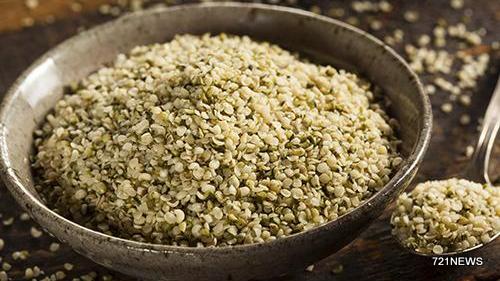GREAT BAY, Sint Maarten (DCOMM) – Nutrition related health problems in children are increasingly significant causes of disability and premature death worldwide, according to the World Health Organization (WHO).
The problem of overweight and obesity have reached epidemic proportions globally, and both developed and developing countries are seriously affected.
In some countries, the epidemic of obesity sits alongside continuing problems of under nutrition, creating a double-burden of nutrition-related ill health among the population, including children.
The St. Maarten Health Study, “How Healthy is St. Maarten,?” indicated that on a daily basis 31 per cent of the participants don’t consume breakfast; 63 per cent don’t consume vegetables and 66 per cent don’t consume fruits. Based on these results it is likely that this lifestyle is also practice by their descendants.
Collective Prevention Services (CPS), executing agency of the Ministry of Public Health, Social Development and Labour, recommends to parents and guardians to prepare healthy snacks for their children throughout the new school year 2017-2018. Healthy choices equal healthy children and healthy smiles!
Improving the nutritional status of school-age children is an effective investment for improving educational outcomes of school children and ensuring a healthy population.
Establishing healthy dietary and physical activity patterns among young people promotes health and nutritional well-being preventing obesity and various non-communicable diseases.
In making healthy foods and beverages available at home and for school, and in providing, supporting and encouraging opportunities for physical activity, parents can influence their children’s behavior.
Simultaneously parents are advised to live and promote a healthy lifestyle because children’s behavior is often shaped by observation and adaptation.
Here are some tips for children and adolescents: provide healthy breakfast before each school day; don’t leave home without breakfast; serve healthy school snacks to children (whole-grain, vegetables, fruits); promote and encourage the intake of fruits and vegetables. Introduce the children to local fruits e.g. sour sap, guava, passion fruit, mango, etc.
Restrict intake of energy-dense, micronutrient-poor foods (e.g. packaged snacks); restrict intake of sugars-sweetened soft drinks; ensure an opportunity for family meals; provide information and skills to make healthy food choices.
Promote regular intake of water and physical exercise and get your child involved in sport activities.
For more information, contact CPS at 542-3003.



























